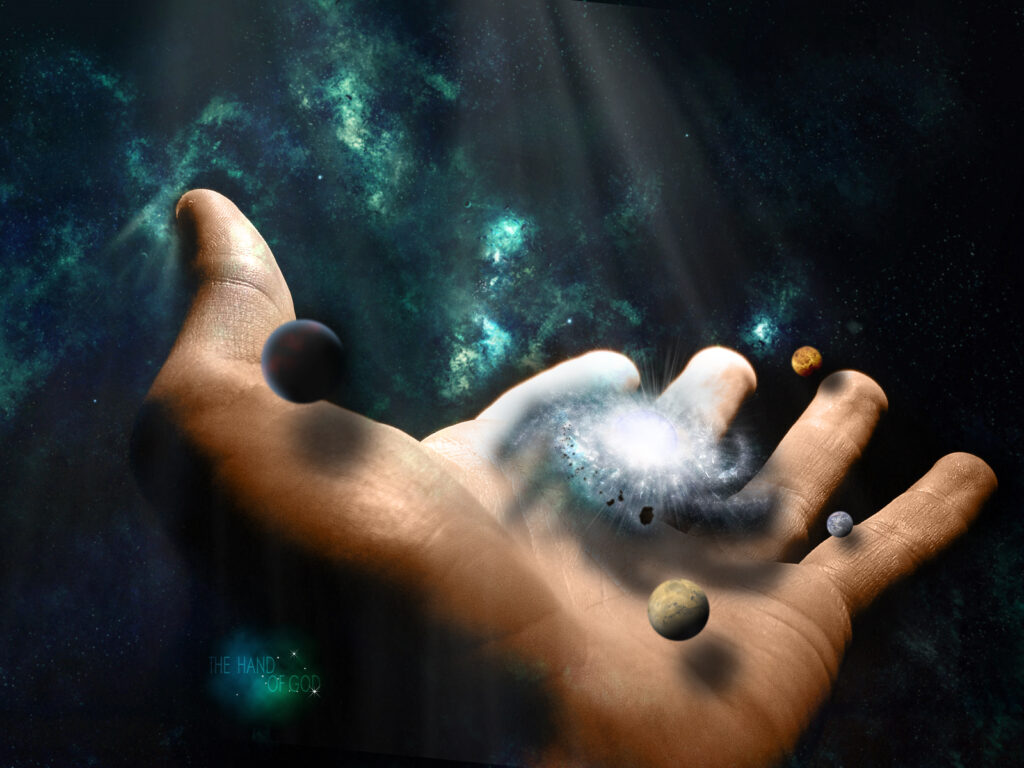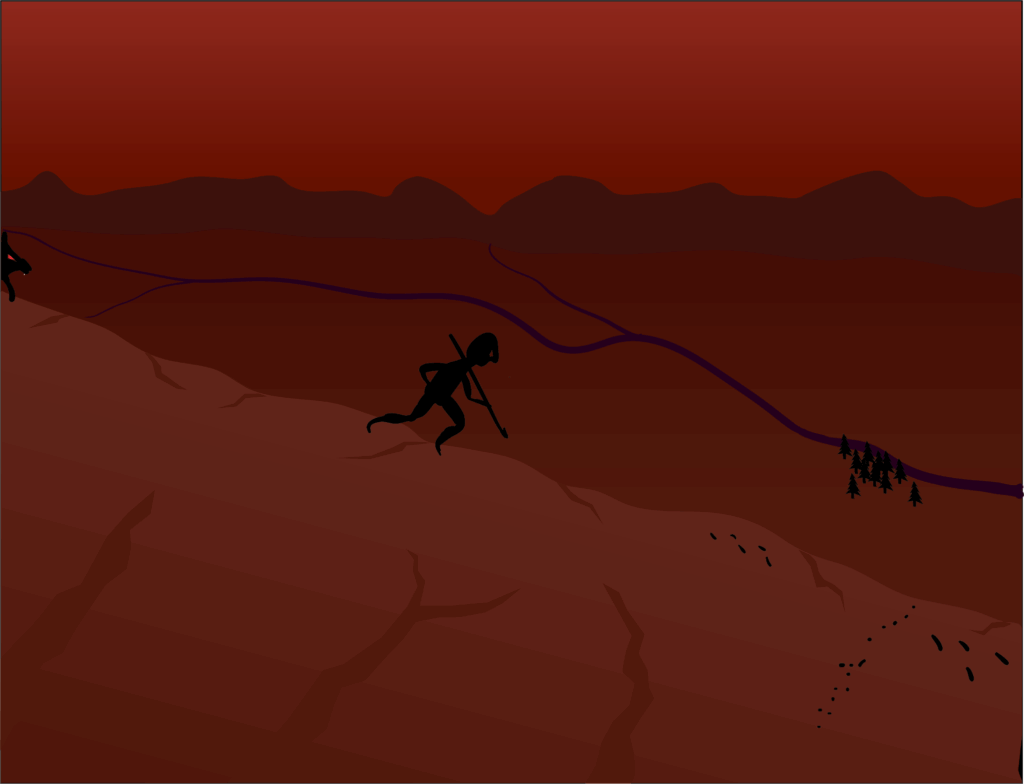
I recently connected faith in space colonization to Flat Earth belief, even though these might seem to be on opposite ends of the spectrum—as Flat-Earthers contend that NASA is a hoax and that artificial satellites are not real (wait: because they’re artificial?). What connects these groups is a belief in something that’s not actually real: based more on imagination than fact, and working backwards from what they wish to be true. I’m not saying the groups are equivalent by any stretch, but that they do share something in common, at core.
Anyway, this observation sparked a few conversations that prompted me to resurrect old arguments (see Why Not Space and chapter 4 of my textbook), but also add some new ones. Here, I share some of these new perspectives and related calculations.
Continue readingViews: 4767









